Four years ago I adopted my beautiful greyhound Bob. He had been surrendered to a greyhound rehoming charity after he injured his leg during a race and thus was no longer considered financially valuable to his ‘trainer’ in the dog racing industry.
As my husband and I walked into the garden of Bob’s brilliant foster home that was filled with rescued dogs of all shapes and sizes, he came running towards us with bundles of enthusiasm and vigorous tail wagging.
‘That’s your boy,’ said his foster carer.
From the first day we took him home he was an affectionate boy who loved to meet new people.
But he was also extremely anxious.
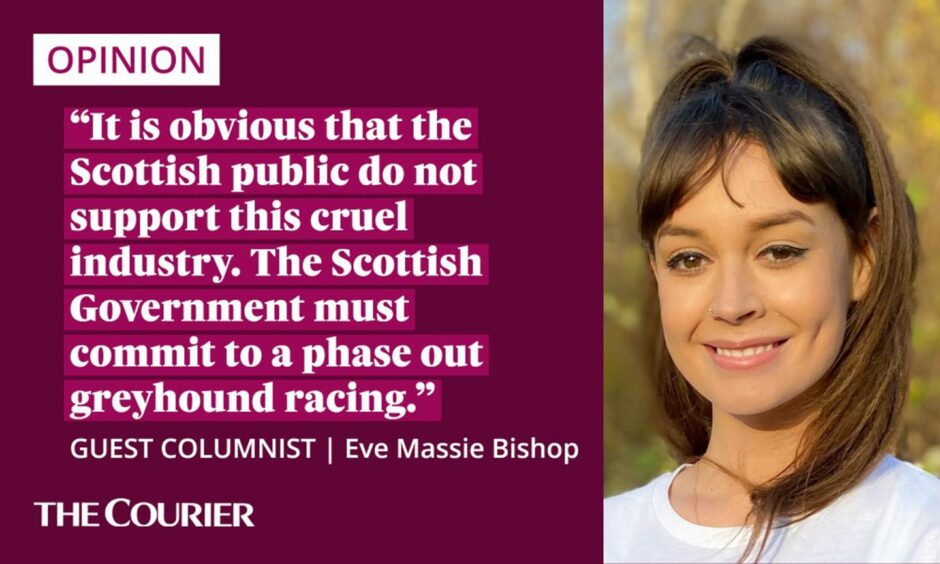
He was terrified of being alone, or apart from my husband and I. And while he frequently sought out affection, he was nervous about doing so and always kept his guard up.
If he drifted off to sleep on our laps, like the extra large lap dog he is, he would awaken abruptly in a panic.
The outside world was also overwhelming for him and freezing on his walks was commonplace. A 10-minute walk would take us 50 minutes.
Now, all these years later, my boy is lying beside my desk as I type this. He is healthy, confident and playful, with his trademark cheekiness (or, as my mum lovingly refers to it, ‘character’).
He still has his moments with anxiety. But he knows we are there to guide him through it.
He is safe and deeply loved.
But sadly, today, other greyhounds are suffering in the dog racing industry.
Death, drugs and amputation – grim realities of greyhound racing
Comprehensive reviews conducted last year by the RSPCA, Dogs Trust and Blue Cross highlighted serious concerns at every stage of a raced greyhound’s life.
Data from the Greyhound Board of Great Britain (the self-regulating organisation that governs licensed greyhound racing), shows 2,412 raced greyhounds died and nearly 18,000 injuries were recorded on tracks in the UK between 2018 and 2021.
Of the 2,412 dogs that died, 645 were killed not for medical reasons. They died because their treatment was deemed too expensive, because they were homeless, designated ‘unsuitable for homing’, or, effectively, surplus to requirements.
Dogs may also have their limbs amputated as a result of severe injuries.
They can spend much of their time kennelled, or even doped with drugs, including Class A substances. At Glasgow’s former Shawfield Stadium, 13 dogs were found with cocaine in their system.
Fife greyhound racing track is last of its kind
Scotland’s dog racing industry is on its last legs with just one greyhound racing track left – Thornton Stadium in Fife.
It is an unlicensed track, which means it is completely unregulated. And there is no way of us knowing the injury and death figures.
The Scottish Animal Welfare Commission, which focuses on providing scientific and ethical advice to the Scottish Government, produced a report on the welfare of greyhounds used in racing.
It included images requested from those who race dogs at Thornton.
These showed no enrichment for the dogs and limited bedding in kennels.
And while Thornton is often referred to as a ‘hobby’ track by those involved with the stadium, the same report revealed races have been cancelled here when a bookmaker is unable to attend.
This suggests it is more than a ‘hobby’ track.
Public support for greyhound racing ban
After years of dedicated and powerful work by local grassroots groups, political momentum is building here for an end to greyhound racing.
Greyhounds are dogs, not commodities. #PetsNotBets
We call on you to help bring an end to the suffering of greyhounds in the cruel racing industry.Join us in supporting the #UnboundTheGreyhound campaign by signing the open letter to @scotgov today: https://t.co/G4JI65A5o6 pic.twitter.com/BJQBB3CYUV
— OneKind (@onekindtweet) June 13, 2023
Recent polling has revealed 60% of Scots want to see the Scottish Government to take action to end greyhound racing.
The overwhelming majority – 91.7% – of those who responded to the Rural Affairs and Island Committee’s (RAI) call to views on Scotland Against Greyhound Exploitation’s (SAGE) petition for a ban on greyhound racing also responded in favour of a ban.
This was the fifth most signed petition in the history of the Scottish Parliament.
It is obvious that the Scottish public do not support this cruel industry.
The Scottish Government must commit to a phase out greyhound racing, ensuring the welfare of the greyhounds currently in the industry.
Bob and every single other dog that has been made to race for human profit deserve so much better.
Eve Massie Bishop is a campaigner for OneKind, one of nine animal welfare organisations in Scotland which are urging the Scottish Government to end greyhound racing in Scotland.
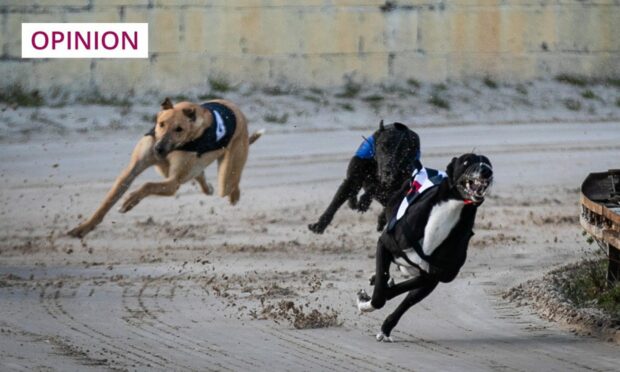
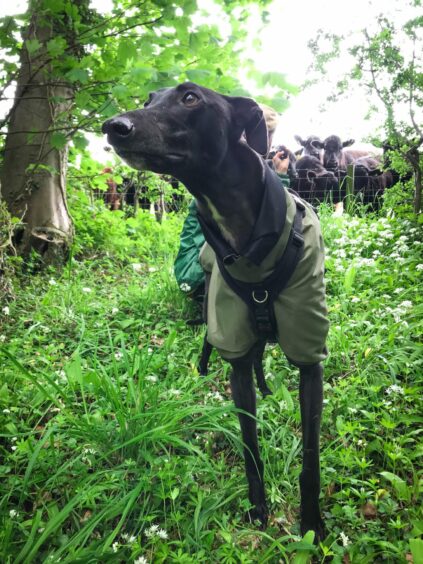

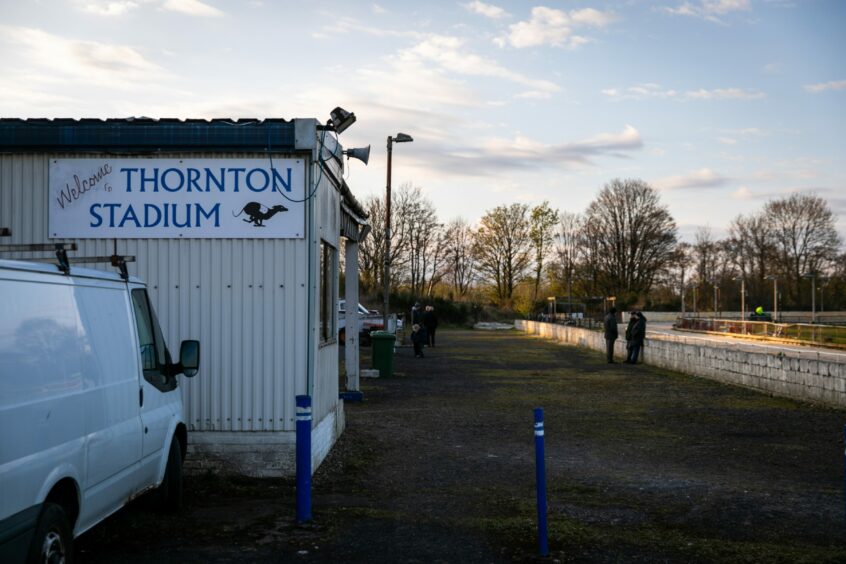
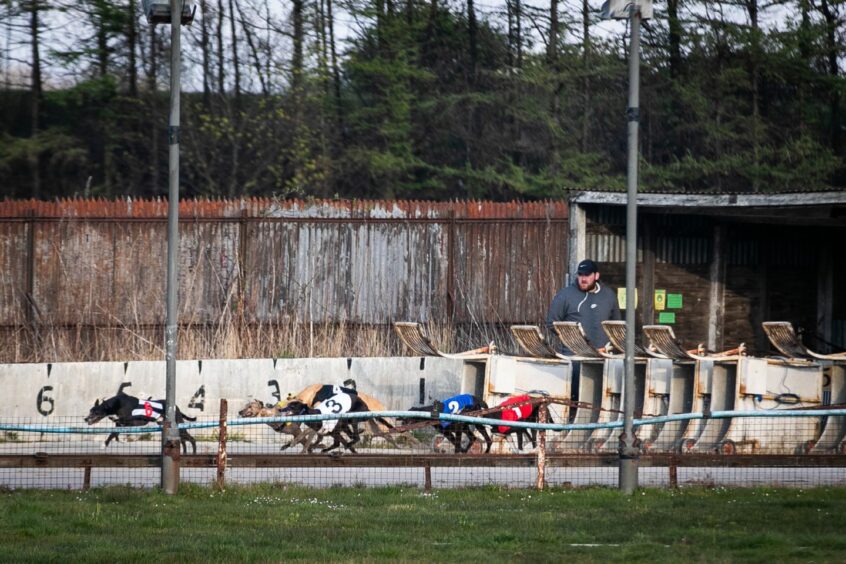










Conversation